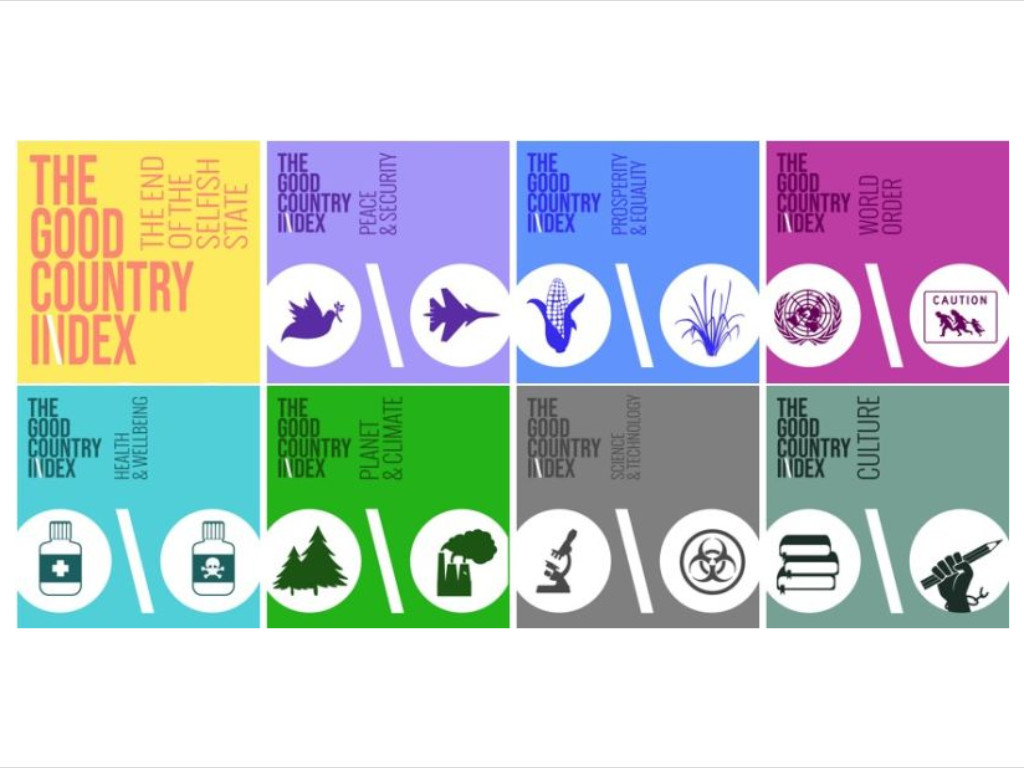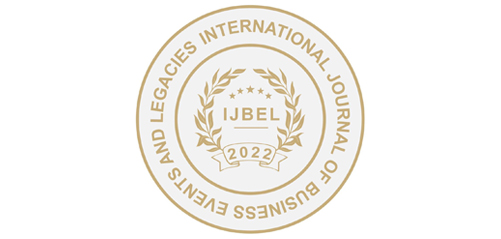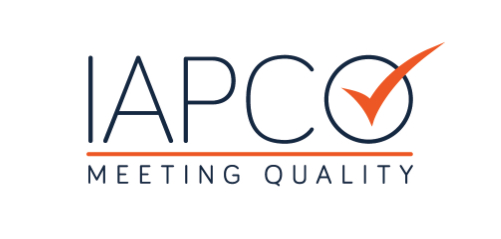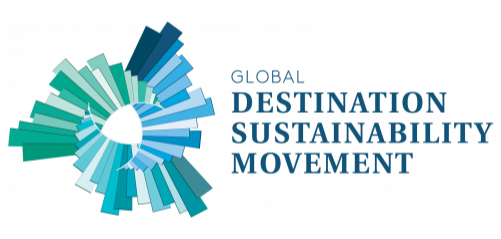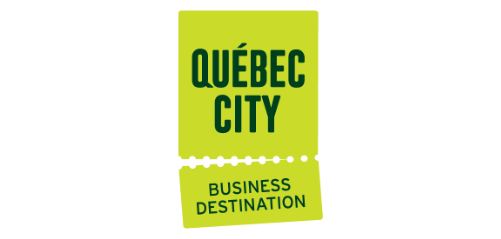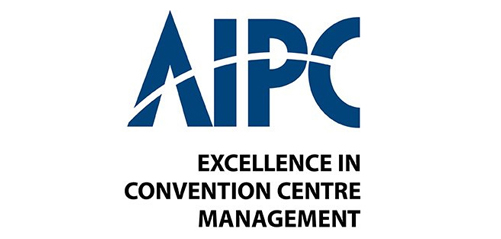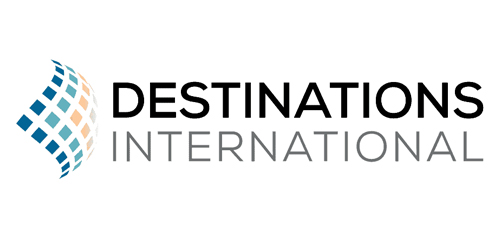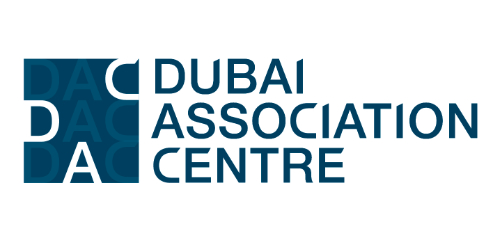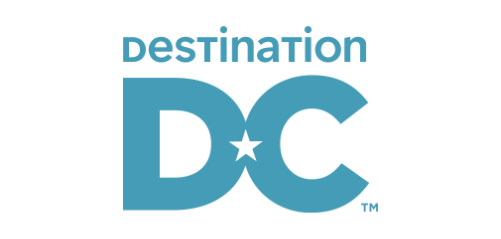By Simon Anholt, Independent Government Advisor & Good Country Index Founder:
How good is your country?
There are so many country rankings today, with dozens of new ones published every year. Rankings of happiness, corruption, justice, mortality, productivity, freedom, emissions, conservation, economic growth and education, to name but a few. Whatever you want to know about the performance of any country on earth, there’s an index to show you the numbers.
But all these studies have one thing in common. They all look inwards, measuring each country separately as if it were entirely unconnected to the others: an island in its own private ocean. And that seems wrong to me, because we can no longer ignore the fact that national destinies are intertwined: we are interconnected and interdependent. Sooner or later, whatever happens in one country will produce an effect in others. This became blindingly clear during the pandemic, and we see it again every time a bank fails, another forest is cut down, or a nation goes to war.
No single country or organisation has the power to tackle any of the gigantic global challenges that humanity is facing today, whether it’s climate change, poverty, disease, conflict or injustice. Unless nations can learn to practise a lot more collaboration and a bit less competition, we go backwards.
For the same reason, it seems to me that we’ve done enough measuring how well countries are doing, and it’s time to ask a new question: how much are they doing?
This is why I created the Good Country Index, which every year since 2014 has compared the contributions each country makes to the world outside its own borders. Instead of measuring their individual progress and prosperity, it compares their impact on the entire system: their balance-sheet, if you like, towards humanity and the planet.
And in case you’re wondering what this has to do with the Anholt-Ipsos Nation Brands Index, which measures the “brand images” of countries, there is a correlation of over 80% between the two indexes.
What does that mean? It means that the harder any country works to tackle our shared global challenges, the more people like and admire it. And the more they like and admire it, the more likely they are to invest in its economy, purchase its products, trust its politicians, hire its citizens, visit it as tourists and help it out in times of trouble.
Sounds familiar? It’s exactly the same principle as corporate social responsibility, but played out this time at the level of the nation-state instead of the corporation.
And it’s very good news indeed that we can prove this connection. Because now, instead of begging governments to remember the whole of humanity and the rest of the planet when they make national policy, we can simply point out that for countries just as for companies, doing well and doing good are the same thing.
View the results on the website of The Good Country Index
Comment from Carolin Lenehan, GM Content, Creative & Corporate Affairs at BESydney:
Great to see the data plays out globally the same way we at BESydney have found at a sector level here in Australia.
“The harder any country works to tackle our shared global challenges, the more people like and admire it. And the more they like and admire it, the more likely they are to invest in its economy, purchase its products, trust its politicians, hire its citizens, visit it as tourists and help it out in times of trouble.
It’s exactly the same principle as corporate social responsibility, but played out this time at the level of the nation-state instead of the corporation.”
Global business events clients are seeking out host cities that align with their values and that of their delegates.

